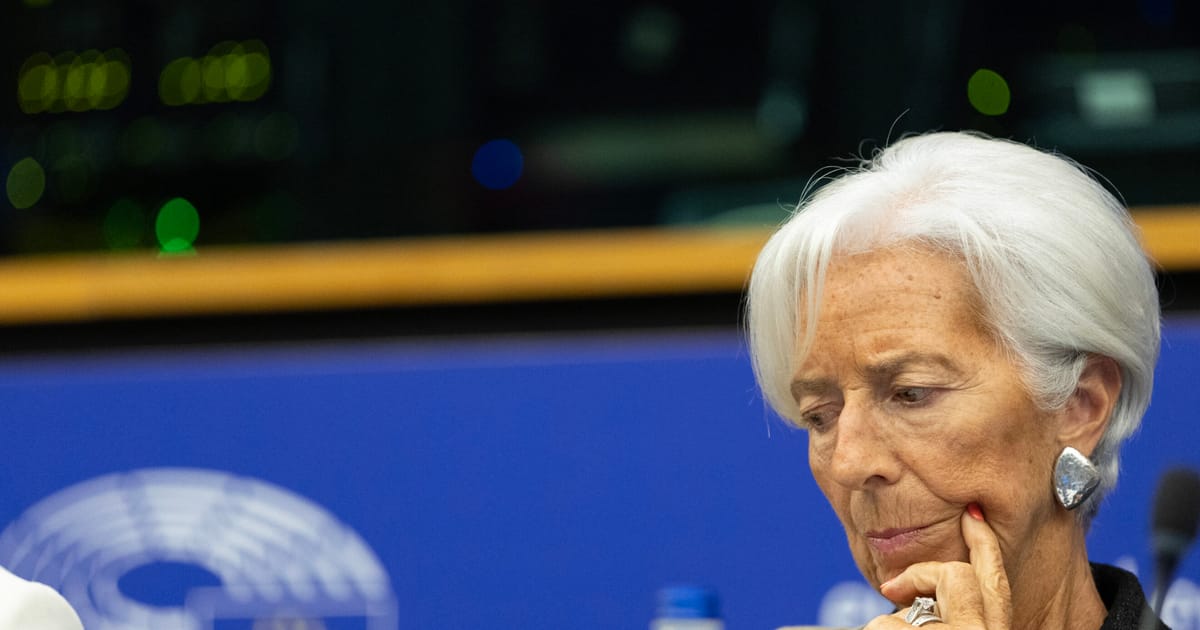These letters constitute “an unlawful interference” with basic freedoms guaranteed by the EU Charter of Fundamental Rights and the European Convention on Human Rights, the union said. “Freedom of expression and association are not privileges; they are the foundation of the European project.”
An ECB spokesperson said the bank does not comment on court cases, but that it “is firmly committed to the freedom of expression and the rule of law, operating within a clear employment framework that is closely aligned with EU Staff Regulations and is subject to European Court of Justice scrutiny.”
The first letter, signed by the ECB’s Chief Services Officer Myriam Moufakkir, came in response to an interview given by union spokesperson Carlos Bowles to Germany’s Boersen-Zeitung daily paper, published May 7. In it, Bowles had warned that a culture of fear may contribute to self-censorship, groupthink and poor policy decisions.
The interview came at a time when the ECB’s failure to anticipate the worst bout of inflation in half a century had provoked widespread and public soul-searching by policymakers. It also followed a union survey in which around two-thirds of respondents said being in the good graces of powerful figures was the key to career advancement at the ECB, rather than job performance.
IPSO is a four-letter word
According to the IPSO union, Moufakkir responded with a letter stressing that staff and union representatives must not make public claims of a “culture of fear” within the institution or its possible effects on ECB operations — including its forecasting work, which had come under especially intense scrutiny. It also accused Bowles of breaching his duty of loyalty under the ECB’s internal code of conduct, and instructed him to refrain from public statements that could “damage the ECB’s reputation.”
A later letter by Moufakkir, addressed to IPSO dated Aug. 1 and seen by POLITICO, spells out the thinking. In it she stresses that the right of “staff representatives … to address the media without prior approval … applies exclusively to ‘matters falling within their mandate’. It does not apply to the ECB’s conduct of monetary policy, including its response to inflation.”
